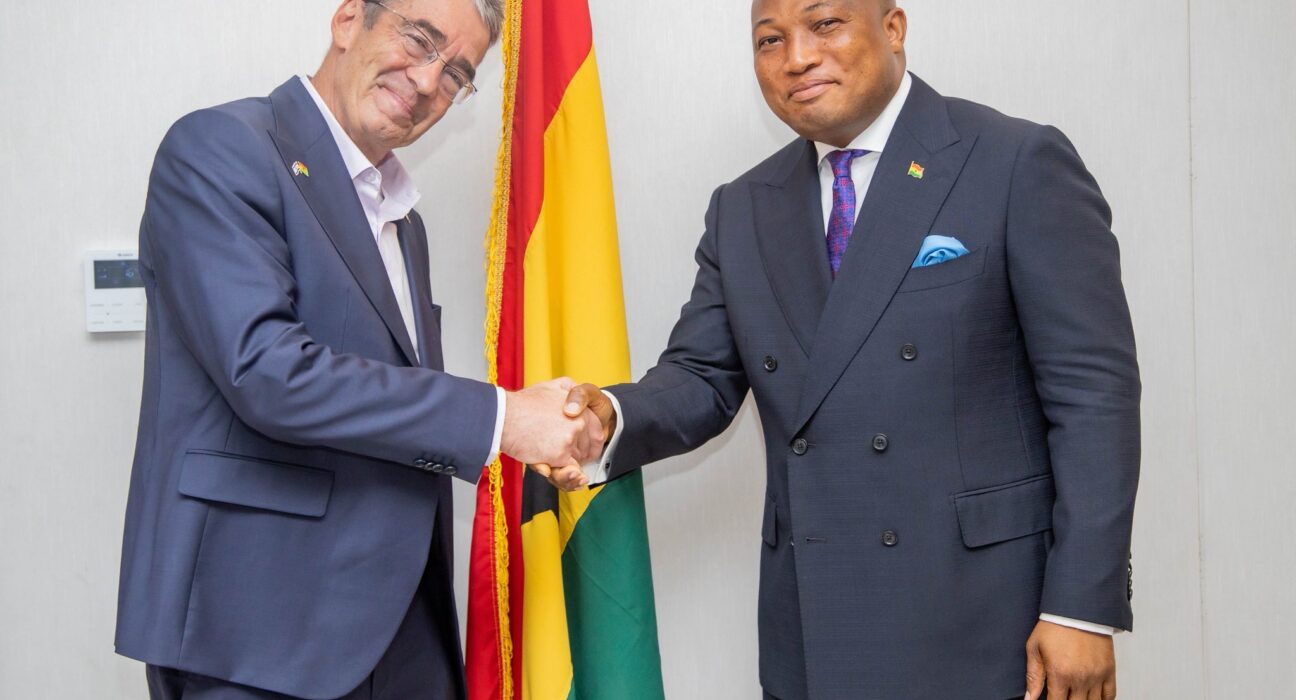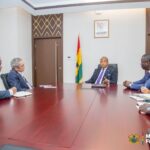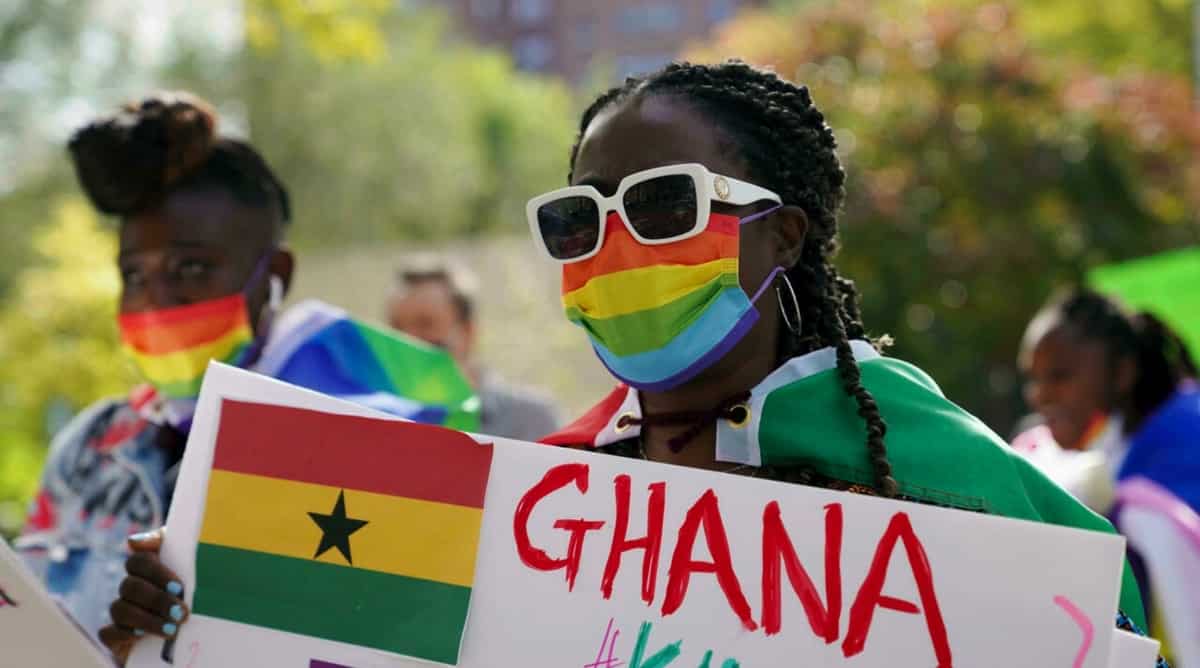The first group of Ghanaians residing in Iran has been successfully evacuated to Turkey as part of Ghana’s emergency response to the escalating conflict between Iran and Israel.
This was confirmed by Foreign Affairs Minister Samuel Okudzeto Ablakwa, who has been leading the evacuation efforts.
Mr. Ablakwa disclosed the development following separate diplomatic engagements with the ambassadors of Israel and Iran. He met H.E. Roey Gilad of Israel on Tuesday and H.E. Ali Ghomshi of Iran on Wednesday in Accra.
Earlier in the week, he had announced plans for the immediate evacuation of Ghanaians living in Iran in response to intensifying military actions in the region. The operation, conducted through land borders, includes Ghanaian diplomats, students, professionals, and other nationals.
The Iran-Israel conflict surged over the weekend, with both nations exchanging missile attacks. The escalation began after Israel struck Iran on Friday morning, prompting a series of retaliatory attacks between Saturday night and early Sunday. A major hospital in southern Israel reportedly suffered extensive damage, while Iran claimed it had targeted a nearby technology park used by the Israeli military.
In response to the ongoing hostilities, the Ghanaian government has closed its embassy in Tehran as a precaution. “This decision has been taken to guarantee the safety of our embassy staff,” Mr. Ablakwa noted in a Facebook post.
Similarly, operations at the Ghanaian embassy in Tel Aviv have been scaled down significantly. Ghanaians living in Israel have been advised to stay in close contact with the consular department, as evacuation plans are underway.
“Our fellow nationals living in Israel will be evacuated shortly,” Mr. Ablakwa assured.
The meetings with the Israeli and Iranian ambassadors also offered Mr. Ablakwa the chance to formally communicate the Mahama Administration’s emergency evacuation strategy. He said the strategy was shared with both envoys to help facilitate border access approvals through diplomatic channels.
During his discussion with the Israeli ambassador, Mr. Ablakwa raised Ghana’s concerns over recent public remarks made by H.E. Roey Gilad, which questioned Ghana’s voting stance at international forums.
“I urged him to respect our sovereign right to make independent decisions based on our longstanding globally acclaimed foreign policy principles anchored on Ghana’s national interest as espoused by the 1992 Constitution, pacifist approach to peace building, non-alignment, respect for the UN Charter, adherence to the rule-based international order, belief in multilateralism and strict compliance with international law,” he stated.
“These cherished principles will continue to guide Ghana’s foreign policy imperatives within all international organizations, particularly at this defining moment when Ghana is serving on the UN Human Rights Council and chairing the governing board of the International Atomic Energy Agency,” he added.
Tensions rose between Ghana and Israel after the country abstained from a critical vote on Iran’s nuclear non-proliferation obligations. The vote took place on Thursday, June 12, 2025, during a closed-door session of the International Atomic Energy Agency’s (IAEA) 35-member Board of Governors, which is currently chaired by Ghana.
The resolution — the first of its kind in nearly two decades — declared Iran in breach of its nuclear obligations. It was supported by 19 countries, opposed by three (Russia, China, and Burkina Faso), while 11 countries, including Ghana, abstained.
The resolution, introduced by the United States, Britain, France, and Germany, stated that Iran had not fully cooperated with the IAEA since 2019 regarding undeclared nuclear activities.
In what Israel described as a friendly appeal, its ambassador in Ghana urged the government to reconsider its neutral foreign policy, especially in situations with global security implications.
Mr. Ablakwa, however, reiterated Ghana’s consistent call for de-escalation.
He emphasized: “Ghana demands that both countries cease fire and opt for a peaceful diplomatic resolution of their concerns.”








